Services
- Home
- Services
Our Services
We provide value added Architectural/Construction consulting services to our customers by creating a successful partnership with them throughout the Design process
Mechanical Services
Whether you need to install cooling for a new server room or figure out how to replace your inefficient central mechanical plant, you want to partner with mechanical engineers you trust
Electrical Services
your first concerns may be where to locate bulky electrical switch gear or how to choose lighting fixtures that meet code requirements and lend appeal to your finished space
Plumbing Services
systems design to your whole building to help you avoid surprises. From determining tap size, to coordinating with civil engineers, to deciding the location of incoming utilities
Building and Tenant Services
We know you need a dependable partner who will deliver on time, every time, at the drop of the hat. We understand your primary objective—to keep every building tenant happy
Specialty Services
MEP is fully committed to providing our clients with energy efficient and cost-effective designs, whether it is to meet energy conservation by the LEED ,or to our client’s requests
Building Information Modeling
We use Building Information Modeling (BIM) to design 3D models where the design elements within the model communicate with each other, Just like in some amazing science fiction film
Projects Types
Consultant Services, Examination reports and status of electrical and mechanical equipment, Civil defense certificates for firefighting systems

Design work
Planning stage (pre-design).
It also includes economic feasibility studies that help the owner identify the prevailing conditions, future expectations, and special design needs
Design stage: - Preliminary designs - Design development - Executive documents or final designs.
Initial design stage: Some documents are prepared that include an initial description of the project, as well as an estimate of the initial cost of the project and general frameworks for the specifications of the materials that will be used.
Design development stage: This stage summarizes and accurately describes the nature and size of the project, including its structural, architectural, mechanical and electrical components through plans, details, sections, tables and curves. Initial specifications for the project are also developed and a cost estimate is developed with greater accuracy.
In the final design stages, the tender documents consist of contract documents such as plans, specifications, models, and general and special conditions.
Tendering stage/referring bids for evaluation.
Implementation phase.
Post-implementation stage.

Technical office work
The Technical Office Department is responsible for:
Preparing the necessary documents for tendering.
Preparation of assays.
Preparing tender documents.
Estimating quantities for project items.
Pricing project items.
Making or reviewing abstracts.
Preparing periodic reports.
Matching panels.
Preparing shop drawing boards
Preparing As-Built Drawing boards
Follow up on providing the project’s Procurement needs
Study any changes in the project, their impact and costs
Official correspondence with the rest of the project parties.
Attending regular meetings and preparing minutes.
Cooperating with the Project Management Department in submitting claims
Coordination between the various project departments
Save all Filing project files and follow up on the DC project’s documentary cycle

Supervising implementation
Review the drawings, bills of quantities, and specifications before starting implementation to ensure that they are correct and that there are no errors, inconsistencies, or shortcomings in them.
Assist in preparing and reviewing implementation contracts with contractors.
Review, audit and approve implementation drawings and workshop drawings submitted by implementation contractors.
Approval of materials used for implementation.
Follow up on implementation work in all specialties (bone, finishing, electrical, sanitary, mechanical, decoration)
Follow up on the implementation plan to ensure that the project is completed on schedule.
Approval of abstracts for contractors.
Approving the value and period of additional works and change orders for contractors (which the owner may request during project implementation.)
Receiving works from contractors during the implementation stages.
Conducting the necessary tests and examinations to ensure the quality of materials and workmanship.
Taking the necessary measures in the event of negligence by the implementation contractor in a way that guarantees the owner’s interest in the cost of the project and its implementation period.


